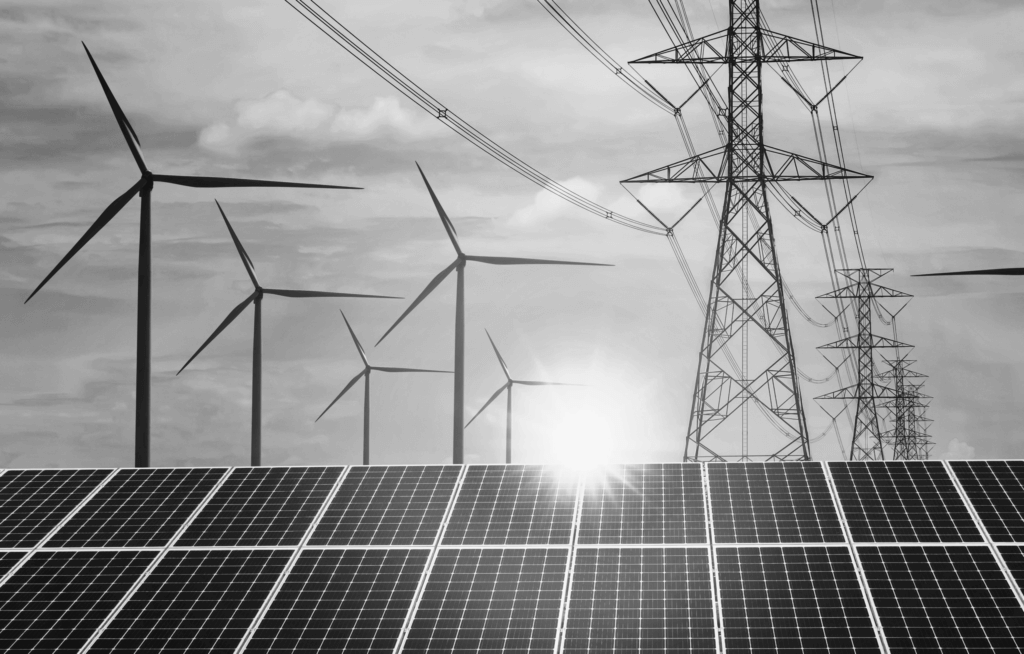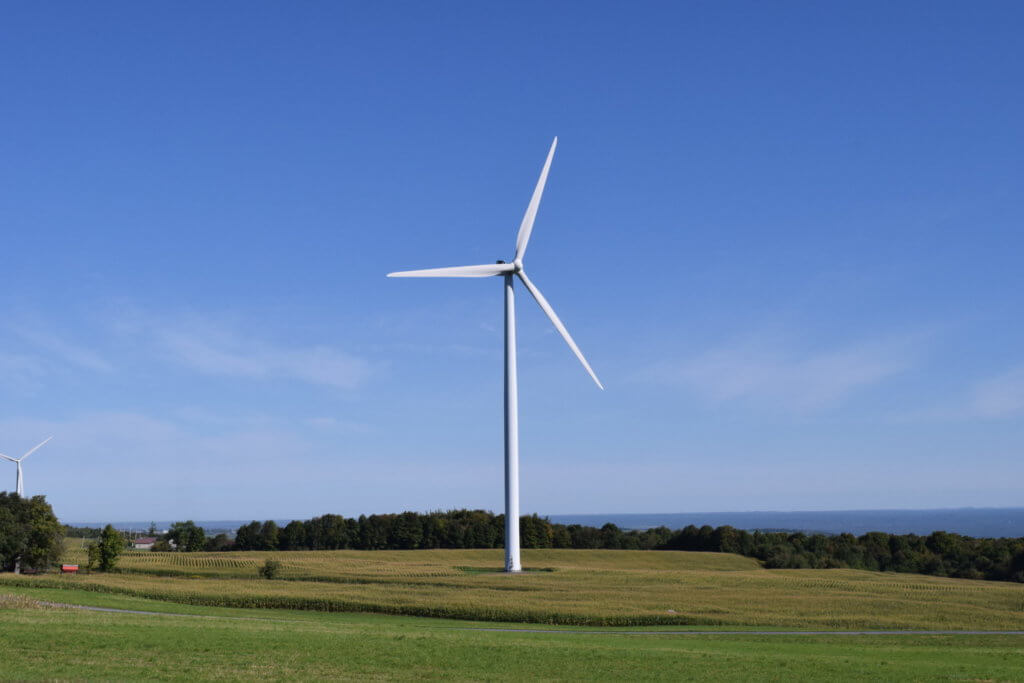Opinion: Montana’s renewable energy remains bright in wake of ‘13 session
This article originally appeared in the Bozeman (Mont.) Daily Chronicle May 28, and is reprinted here with permission of the author, Jeff L. Fox.
Montana’s promising future as a producer of renewable energy remains bright, thanks in part to Gov. Steve Bullock and his success in defending energy standards and development policies that put people to work while improving our energy supply.
The recently concluded 2013 legislative session saw a flurry of bills dealing with–and sometimes attacking–renewable energy development. The governor vetoed three misguided measures that could have stifled new, renewable energy development. He also signed two helpful bills into law–one that he greatly improved and with amendments he wanted.
The net effect is that Montana remains fertile ground for new energy development that diversifies our energy supply and brings good jobs and sustainable economic activity to rural areas.
Montana’s Legislature in 2005 passed a law requiring large utilities to obtain 15 percent of the power they sell in the state from renewable sources by 2015. Twenty-eight other U.S. states have adopted similar laws, often called “Renewable Energy Standards” or RES, and these standards have helped bring our power supply into the 21st century.
One of the bills Gov. Bullock just vetoed–Senate Bill 31–would have watered down Montana’s RES by declaring future large-scale hydroelectric plants possibly located in Canada as eligible to meet our Montana standard. Former Gov. Brian Schweitzer vetoed a bill nearly identical to SB 31 two years ago.
Legislators also tried undermining a complex but successful program that encourages development of small-scale renewable energy projects, often in rural communities. Gov. Bullock vetoed that measure–House Bill 188–noting that the issue is better handled by the state Public Service Commission.
Some lawmakers attempted to weaken a 2005 law that requires utilities to obtain a portion of the renewable energy they sell from small, community-owned projects. The governor expressed a desire to find a compromise, but SB 125 arrived on his desk after the Legislature adjourned, so he vetoed the measure. His action will allow at least one new 25-megawatt community project to move forward in rural Montana.
The Legislature and governor found common ground on some renewable-energy bills. They enacted SB 45, revising the RES to include power from incremental upgrades at hydroelectric dams. Initially written to apply retroactively to past dam improvements–contrary to the spirit of Montana’s RES and the goal of adding new renewable-energy resources–legislators reworked the bill at the governor’s insistence to apply it only to new projects.
So, after a long, sometimes grueling session, Montana’s renewable-energy policies remain much as they were–supportive of new development. And there’s good reason to hope they will stay that way. That’s because lawmakers also approved a resolution calling for a study of the impacts of Montana’s Renewable Energy Standard.
Renewable-energy advocates embraced the study, seeing it as an opportunity to provide the next Legislature with hard facts to replace the ideological opinions too often injected into debate over energy policy. A balanced examination of the RES and its broad benefits is likely to confirm that it’s good energy policy and smart economic-development policy.
Indeed, Montana’s RES already has helped support some $1.6 billion in new investment, diversifying our power supply with 650 new megawatts of renewable generating capacity. The RPS has supported 1,500 high-paying construction jobs and more than 100 good, permanent jobs in rural communities. And the least-expensive sources of long-term power for NorthWestern Energy customers today comes from wind turbines.
The pace of additional renewable-energy development in the years ahead is tough to predict. Much depends on the economy, market conditions and improvements to transmission lines. But our democratic process has once again affirmed Montana’s welcoming environment for renewable energy.
Renewable energy is working for Montana, and our state is poised to make the most of new opportunities under Gov. Bullock’s leadership.
Jeff L. Fox is the Montana policy manager for Renewable Northwest Project, a nonprofit regional advocacy group promoting environmentally responsible renewable-energy resources.




